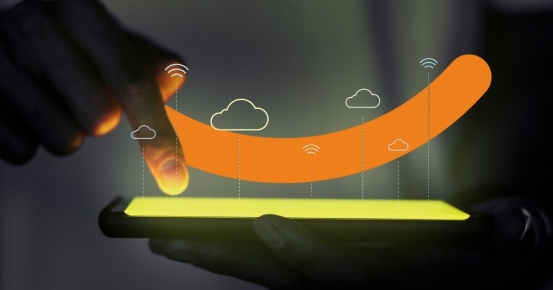

In today’s hyper-connected world, the appeal of unlimited mobile subscriptions continues to grow as people demand nonstop access to digital services. Marketed as a solution for worry-free connectivity, these plans have reshaped how consumers use smartphones, consume content, and interact online.
In today’s hyper-connected world, the appeal of unlimited mobile subscriptions continues to grow as people demand nonstop access to digital services. Marketed as a solution for worry-free connectivity, these plans have reshaped how consumers use smartphones, consume content, and interact online.

This article looks into what unlimited plans really offer, their benefits and drawbacks, and how they stack up against traditional mobile packages.
Unlimited mobile subscriptions are designed to eliminate restrictions on data, voice calls, and text messaging. With unlimited data as the central feature, users can browse, stream, and communicate without tracking gigabytes or fearing unexpected charges. Most packages also provide unlimited nationwide calling and texting, appealing to individuals who rely on constant communication. Unlike capped plans, which enforce usage limits and extra fees, unlimited subscriptions prioritize convenience and uninterrupted service.
The rapid shift toward data-heavy activities—such as streaming high-definition video, online gaming, and remote collaboration—has fueled the expansion of unlimited plans. The pandemic years amplified this trend, as people leaned heavily on their mobile devices for work, education, and social connections. Industry data indicates that mobile data consumption more than doubled in the last five years, making the flexibility of unlimited packages more attractive than ever.
The main selling point of unlimited subscriptions is freedom from usage monitoring. Users can stream on Netflix, attend Zoom meetings, and scroll through social media without the anxiety of hitting a cap. This creates a smoother and more reliable online experience.
These plans also serve different segments of society. Students can take online courses, employees can work from anywhere with fewer interruptions, and families can share a single plan without worrying about usage imbalances. By reducing friction in connectivity, unlimited plans often enhance productivity, entertainment, and overall digital engagement.
Despite their appeal, unlimited plans come with potential downsides. Price remains the biggest barrier, as these packages generally cost more than capped alternatives. Moreover, many carriers enforce “fair use” policies, which means speeds can be throttled after a certain threshold—often surprising customers who expect truly limitless service. Additional costs, such as activation or roaming fees, can also erode the value of these plans if not carefully reviewed.
When comparing unlimited and capped plans, the decision usually depends on consumption habits. Heavy users who stream or game daily may find unlimited subscriptions more cost-effective in the long run. For example, paying $70 for unlimited data may provide better value than a $45 capped plan that triggers $20 in overage charges each month. Meanwhile, light users who primarily check emails or browse occasionally may not see the benefit of paying extra for unused capacity.
Ultimately, the best mobile plan is one that aligns with personal usage patterns and budget priorities. Unlimited plans can provide peace of mind and consistent performance for those who rely heavily on mobile data, while capped plans may better suit users with modest needs. By analyzing monthly data consumption and comparing provider terms, consumers can choose a subscription that balances cost with connectivity.